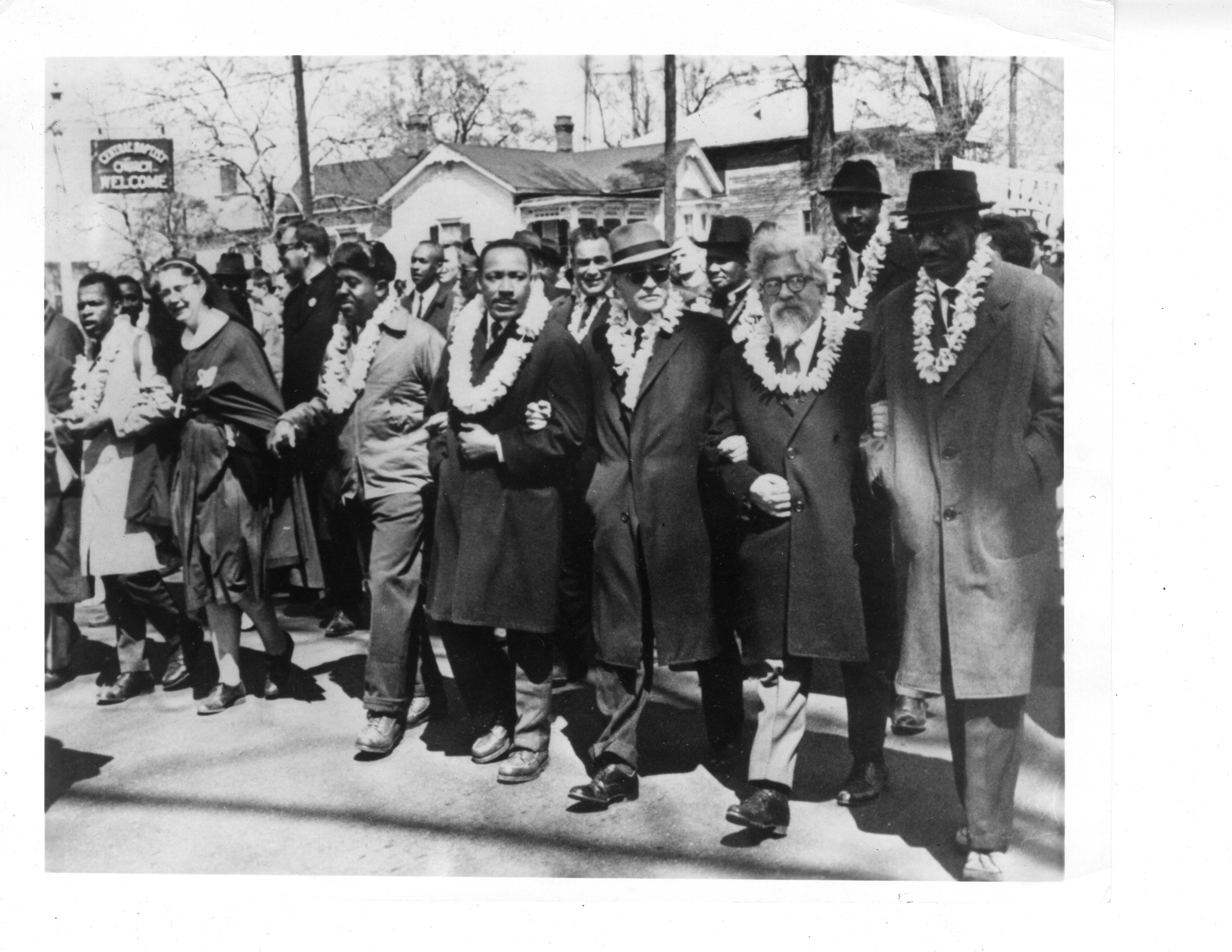Dr. Reuven Kimelman
He was my spiritual father.
Brandeis University
Waltham, Massachusetts
A Jewish Perspective
Where did you first encounter Heschel’s work?
In high school I read God in Search of Man, and in my senior year I heard Heschel lecture at Washington University in St. Louis on the Insecurity of Freedom. I then studied with him at JTS for eight years, 1962–1970.
How did Heschel and his thinking inspire your work, religious life, or civic engagement?
Heschel’s example and advice has inspired most of my academic life—from my doctoral thesis on Rabbi Yochanan, which was his suggestion, to my writings on theology, liturgy, ethics, and Jewish-Christian relations from the classical period to the modern one. His legacy grows every year through more commemorations, articles, and books about him. Truly great men become greater posthumously.
What of Heschel lives in you?
My commitment to Jewish practice, thought, religious audacity, and social engagement are all filtered through his example and writings (best reflected in Who Is Man?). During my years in The Rabbinical School, he was my spiritual father.
Additional Text
Heschel Memorium, in Hebrew (Part 1, Part 2)
The Theology of Abraham Joshua Heschel
Response Memorium (Winter 1972–1973)
Rabbis Joseph B. Soloveitchik and Abraham Joshua Heschel on Jewish Christian Relations
Abraham Joshua Heschel’s Theology of Judaism and the Rewriting of Jewish Intellectual History
